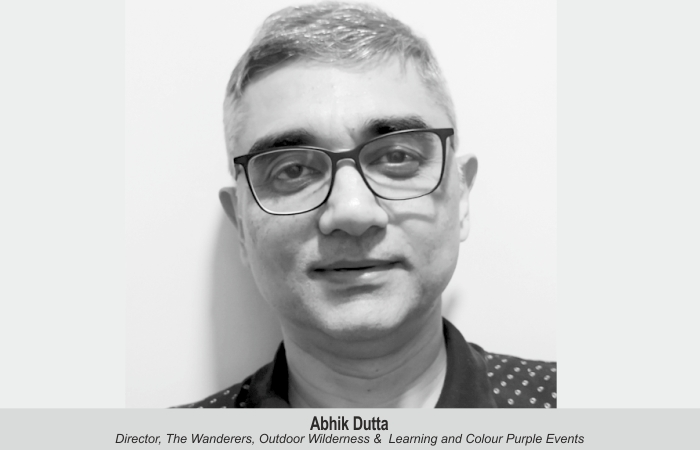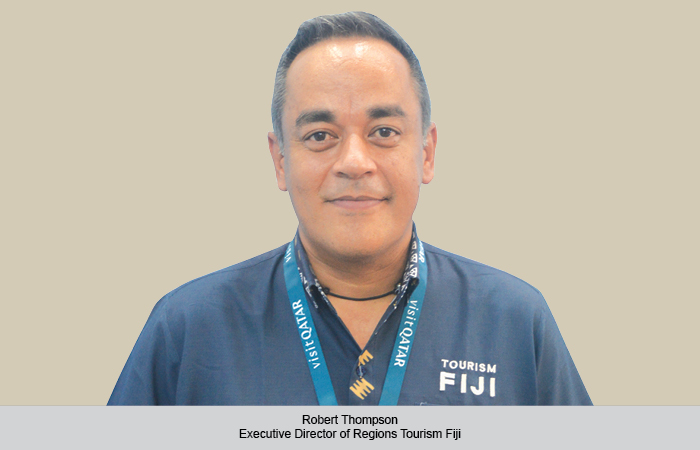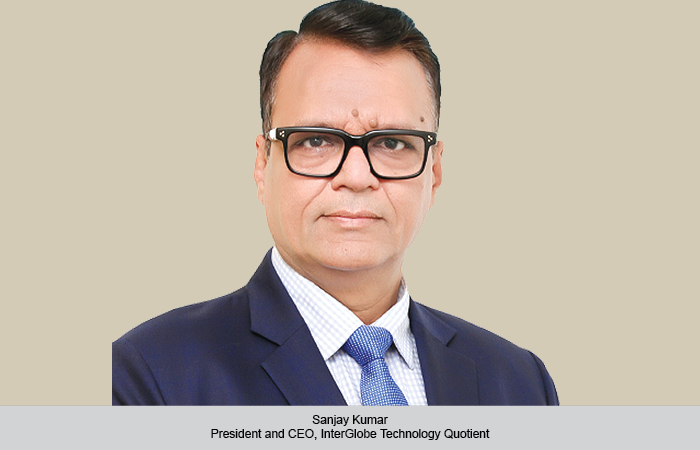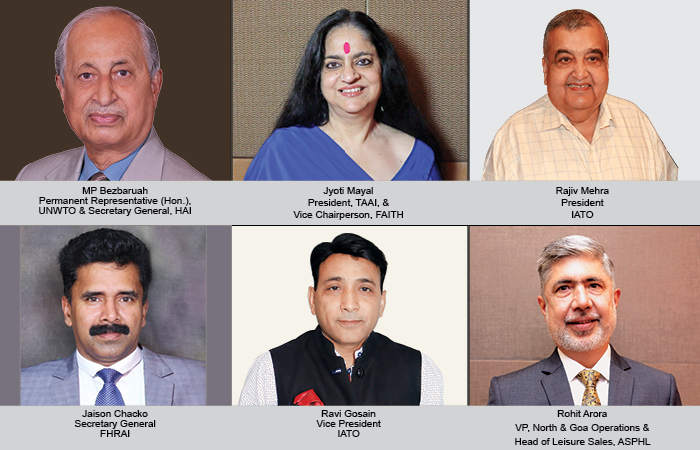‘There are some traits of a travel industry professional that other industries can learn from. Here are three learnings,’ says Abhik Dutta, Director, The Wanderers, Outdoor Wilderness & Learning and Colour Purple Events.
I left a PSU job in 1998 to follow my passion for travel by co-founding The Wanderers. All we had to do was suggest clients a unique destination, offer them interesting activities, recommend good resorts, top it up with a good offers and close the sale. And, in the bargain, get to travel. In these last 23 years I have done all of the above and much more. It’s the ‘much more’ that I will elaborate here. Here are three learnings from my time in travel which is quite unique to our industry.
We take trust very seriously
It is perhaps the only industry where you make a client pay a very large sum of money for a product that he can’t see or touch. And one that will disappear within days. To give an example, in `7 crore you can buy a luxury Villa in Goa or a chic New York City apartment in SoHo, or a Tiffany yellow diamond pendant. On the other hand, a corporate client plans a `7 crore trip to Slovenia for its 500 employees. They can’t see how the experience will unfold before placing the order. They see a brochure, a PPT and a video of Slovenia. And they book. In four days what they have bought is over. All they have is a visa stamp, baggage tags and a pen-drive full of memories. So, if the client didn’t see or feel the product, what did they see? They saw sitting in front of them a person they could trust. Blindly. A brand that would deliver, no matter what. It may have taken a month to close the deal, but it took us years to come to that point of trust.
Build relationships with people who can save your life
Clients go on a high altitude trip to Nepal and fall sick. Possibly High Altitude Cerebral Edema (HACE). They are unconscious, they could die. What do we do? We call the expedition leader on a Sat-phone, a sherpa. We ask him for advice. He says “Saab ji, I have to get her off the mountain, or she will die tonight. Please call the chopper.” We call the owner, a person we have done business with for 20 years. He arranges the chopper and pays the amount upfront even though the insurance company says “we will cover the emergency evacuation cost only after seeing the patient”. This will need 2-3 days. We tell the company it will be too late but insurance company doesn’t relent. We take the call to send the chopper and get the lady to a hospital. Docs say it was a good call by the sherpa. I thank my friend for helping us out. We will meet in Kathmandu for his daughter’s wedding next spring.
Research till the cows come home
A client wants to go on a holiday with a family of four with varied interests. He wants to go to New Zealand in July. Just 20 days away. Daughter wants to go for hot air ballooning. It’s a stunning country but July isn’t the best time to go there as its winter, we advise. They say how about Egypt. Too hot. How about USA? Great weather in Alaska in July, Denali National Park is a great place to see Alaska’s big 5. But interview dates at the Consulate are extremely difficult to get in next 20 days. Why not Kenya, we say? Great time for watching the Mara crossing, Big game everywhere, daughter gets her ballooning trip in Masai Mara. Visa on arrival for Indians. They want hotel options over phone. We know the information and give them lodge options. Deal is settled. From New Zealand to Egypt to Alaska to Kenya, we know our geography, history, commerce, weather patterns, the best hotels.
Each time we travel, we learn, unlearn and relearn. A concierge in New York who could put Google to shame, a hotelier who gives us an insight into the business in Colombia, a tourism board official who reminds us why passion is so important in our business. We meet clients who drive us to give our best so that they can get the best. As a wise man once said, “Don’t tell me how educated you are, tell me how much you have travelled.”
 TravTalk India Online Magazine
TravTalk India Online Magazine





